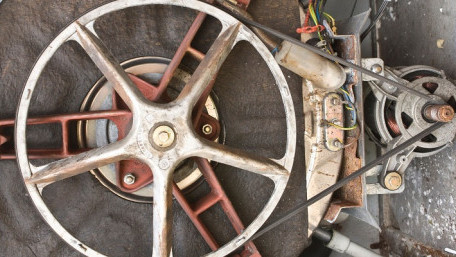
Rubber belts have lived under the hood of nearly every car since they first took to the streets, but they also transmit power through all kinds of industrial…
Rubber belts have lived under the hood of nearly every car since they first took to the streets, but they also transmit power through all kinds of industrial machine drives as well.
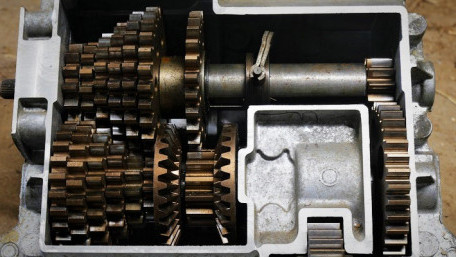
Although electrical systems often receive the highest praise for advancement, precision, and technological innovation,…
Although electrical systems often receive the highest praise for advancement, precision, and technological innovation, the world would be stuck without mechanical power delivery systems like gear drives.
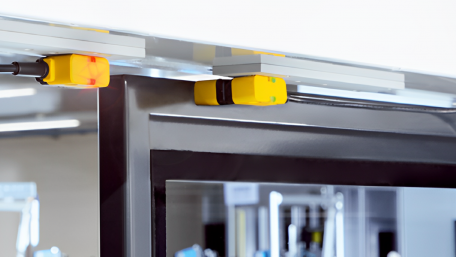
Seeing use in a variety of industrial applications for position sensing and object detection, inductive sensors are based…
Seeing use in a variety of industrial applications for position sensing and object detection, inductive sensors are based on the phenomenon of magnetism and its resultant magnetic fields.
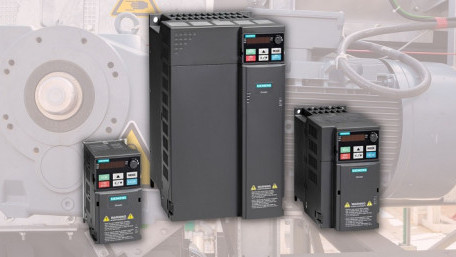
Many VFDs use digital inputs to control operation, rather than PLC-driven network communications. Learn about 2-wire and…
Many VFDs use digital inputs to control operation, rather than PLC-driven network communications. Learn about 2-wire and 3-wire digital input control schemes for ABB, Omron, Rockwell, and others.

There are many different kinds of electric motors used for industrial power transfer, but there are also hydraulic and…
There are many different kinds of electric motors used for industrial power transfer, but there are also hydraulic and pneumatic motors that can lend advantages in some situations.
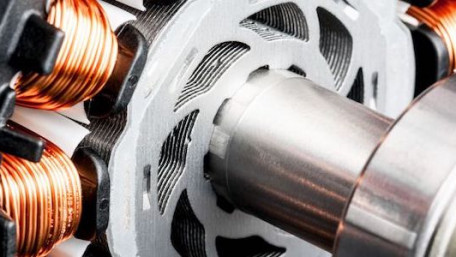
Field-oriented control (FOC), also called vector control, can control 3-phase alternating current motors and brushless DC…
Field-oriented control (FOC), also called vector control, can control 3-phase alternating current motors and brushless DC motors. Read more to learn its advantages, how it works, and its best applications.
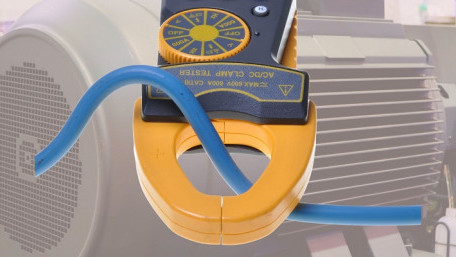
Motors consume the highest current during startup—this is a well-known fact. But logically, the slowest speed should…
Motors consume the highest current during startup—this is a well-known fact. But logically, the slowest speed should relate to the lowest power consumption. Why, then, is inrush current so high for motors?
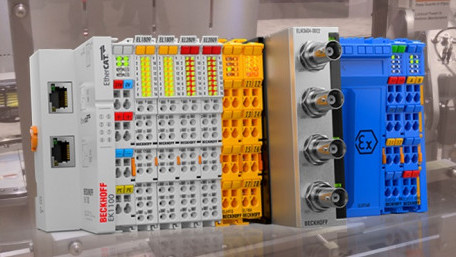
EtherCAT is an often preferred competitor in the arena of industrial networking protocols. Learn the reason why many…
EtherCAT is an often preferred competitor in the arena of industrial networking protocols. Learn the reason why many technologies embrace this protocol and what sets it apart from other fieldbus varieties.
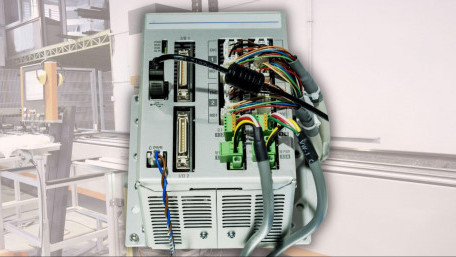
Analog outputs are a special signal with a wider current or voltage range, in contrast with a limited discrete on/off…
Analog outputs are a special signal with a wider current or voltage range, in contrast with a limited discrete on/off output. These signals are used to control or set parameters for other automation systems.
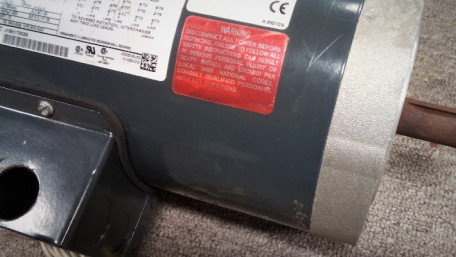
Large motors require a circuit to turn on and off. This may be as simple as a single on/off drum-type switch or as…
Large motors require a circuit to turn on and off. This may be as simple as a single on/off drum-type switch or as elaborate as a VFD unit. Learn about some common control circuit designs for typical three-phase motor requirements.
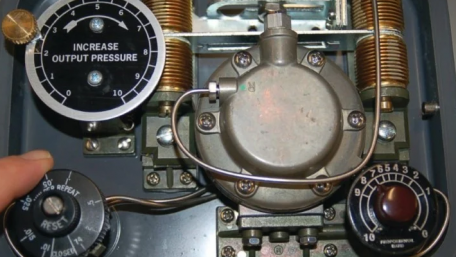
This article discusses the meaning and effects of proportional gain in a controlled system such as motion, temperature,…
This article discusses the meaning and effects of proportional gain in a controlled system such as motion, temperature, and fluid flow.
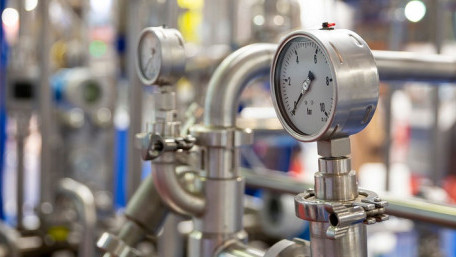
Air motors are common in process industries, mainly used in hazardous areas. This article introduces the features and…
Air motors are common in process industries, mainly used in hazardous areas. This article introduces the features and working principles of air motors and the differences between air and electrical motors.
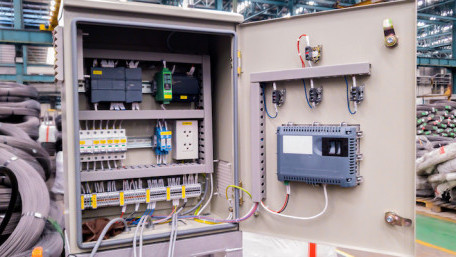
Modbus is one of the oldest industrial communication protocols still in use today. Continue reading to find out how the…
Modbus is one of the oldest industrial communication protocols still in use today. Continue reading to find out how the protocol works and how to use it for monitoring and control.
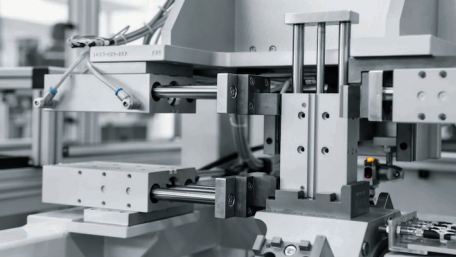
IIoT is a daunting topic due to ambiguous interactions of hardware and software. This article outlines the basic steps to…
IIoT is a daunting topic due to ambiguous interactions of hardware and software. This article outlines the basic steps to use an MQTT broker to collect the number of cycles from a pneumatic cylinder for PM software.
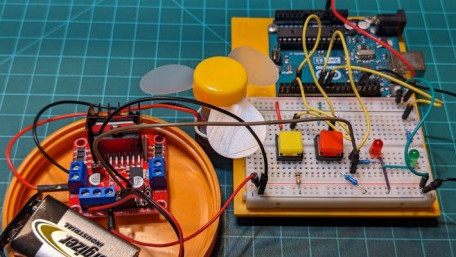
DC motors are an old technology still commonly used in industry. This hands-on article shows how to implement a Count Up…
DC motors are an old technology still commonly used in industry. This hands-on article shows how to implement a Count Up (CTU) counter on an Arduino OpenPLC Simulator to control a low-voltage DC motor.
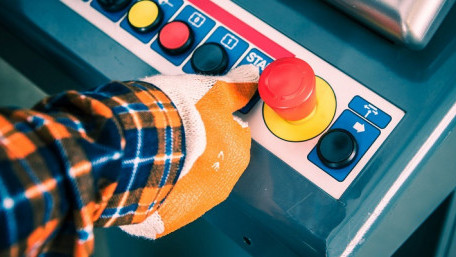
Machine safety design can be a daunting task with all the different safety devices on the market today. Choosing the…
Machine safety design can be a daunting task with all the different safety devices on the market today. Choosing the correct device for your design can be made easier by understanding when to use the proper device.
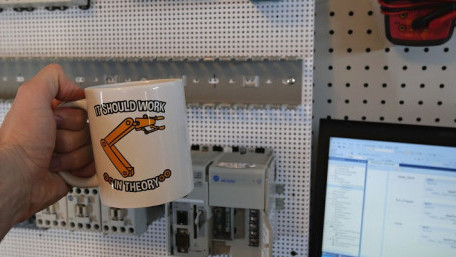
We are taught that parallel circuits maintain equal voltage across all branch resistors, equally sharing the source…
We are taught that parallel circuits maintain equal voltage across all branch resistors, equally sharing the source voltage. But reality is often far from ideal, and individual devices certainly impact the rest of the circuit.
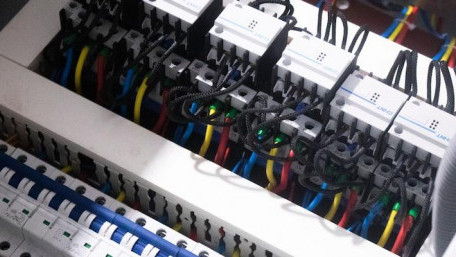
Designing a system with motor motion always includes a consideration of safety. Incorporating safety contactors might be…
Designing a system with motor motion always includes a consideration of safety. Incorporating safety contactors might be the correct prevention to protect equipment and users but may add additional challenges.
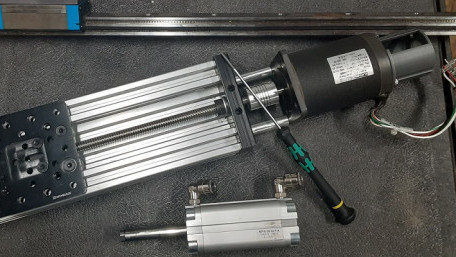
Actuators are used to control the motion of manufacturing devices and raw materials. This article will compare electric…
Actuators are used to control the motion of manufacturing devices and raw materials. This article will compare electric actuators and several types of fluid-power actuators.
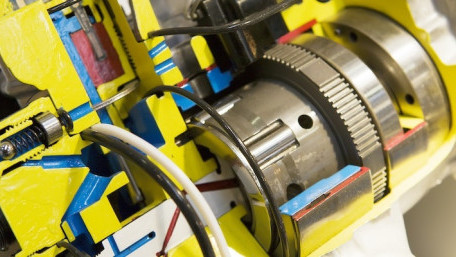
Closed-loop motor control is a control system used to regulate the output of a motor. Learn about the four common types…
Closed-loop motor control is a control system used to regulate the output of a motor. Learn about the four common types of closed-loop motor control systems to understand each one’s inner-workings and applications.
